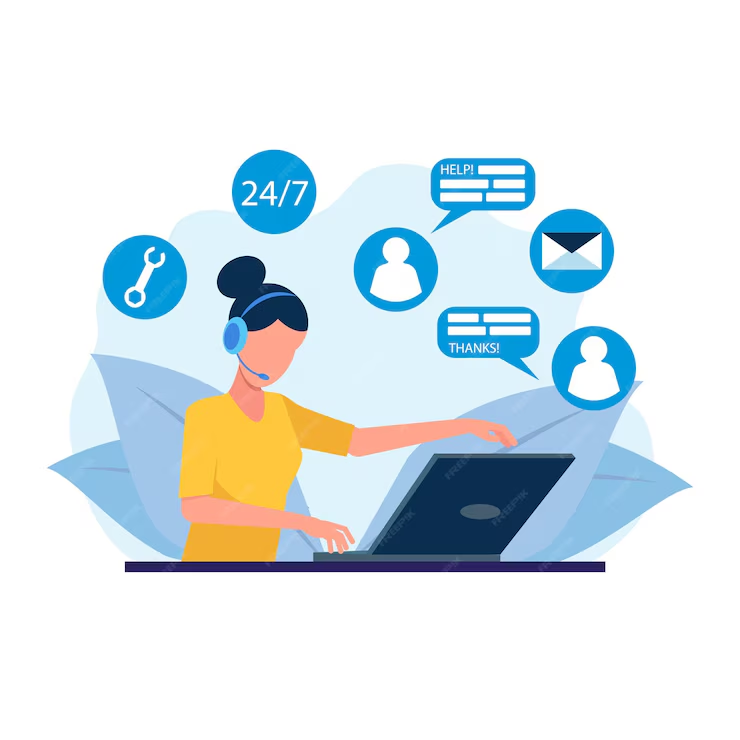Finding Balance: How Virtual Assistants Empower Work-Life Harmony
In today’s fast-paced world, achieving a healthy work-life balance often feels like an elusive dream. The constant demands of work can easily encroach on personal time, leading to stress, burnout, and a diminished sense of well-being. However, the rise of virtual assistants (VAs) has emerged as a powerful tool for reclaiming control and fostering a more harmonious existence. By effectively delegating tasks to skilled VAs, individuals and businesses can free up valuable time and mental bandwidth, allowing them to prioritize their well-being and cultivate a more fulfilling life outside of work.
One of the primary ways VAs contribute to improved work-life balance is by reducing workload and stress. By taking on administrative and operational tasks, VAs alleviate the burden of mundane and time-consuming duties. This includes managing emails, scheduling appointments, conducting research, and handling data entry, freeing up individuals to focus on higher-level tasks that require creativity, strategic thinking, and human interaction. This reduction in workload not only saves time but also significantly reduces stress levels, allowing individuals to feel more relaxed and in control of their work responsibilities.
Furthermore, VAs empower individuals to reclaim their time and prioritize personal commitments. By delegating time-consuming tasks, individuals gain more control over their schedules, allowing them to dedicate more time to family, hobbies, exercise, and other personal pursuits. This newfound freedom can significantly improve overall well-being, leading to increased happiness, reduced stress, and a greater sense of fulfillment outside of work.
The flexibility offered by VAs is another key factor in achieving work-life balance. Unlike traditional employees who work fixed hours in a physical office, VAs often work remotely and can adapt their schedules to accommodate individual needs and preferences. This flexibility allows individuals to work around personal commitments, such as childcare or elder care, while still maintaining a productive workflow.
Moreover, VAs can contribute to a more fulfilling and rewarding work experience. By handling the mundane tasks, individuals can focus on the aspects of their work that they find most enjoyable and fulfilling. This increased focus on core competencies and strategic initiatives can lead to greater job satisfaction, increased productivity, and a renewed sense of purpose in their professional endeavors.
In addition to the direct benefits for individuals, VAs can also contribute to a more balanced work-life environment within organizations. By empowering employees to delegate tasks and reclaim control over their time, organizations can cultivate a more positive and supportive work culture. This can lead to increased employee morale, reduced turnover, and improved overall well-being within the organization.
In conclusion, virtual assistants play a crucial role in enabling individuals and businesses to achieve a better work-life balance.
By delegating time-consuming tasks, reducing workload, and offering flexibility, VAs empower individuals to reclaim control over their time, prioritize personal commitments, and cultivate a more fulfilling and balanced life. As the demands of modern life continue to intensify, the role of virtual assistants in fostering work-life harmony will only become more critical.


